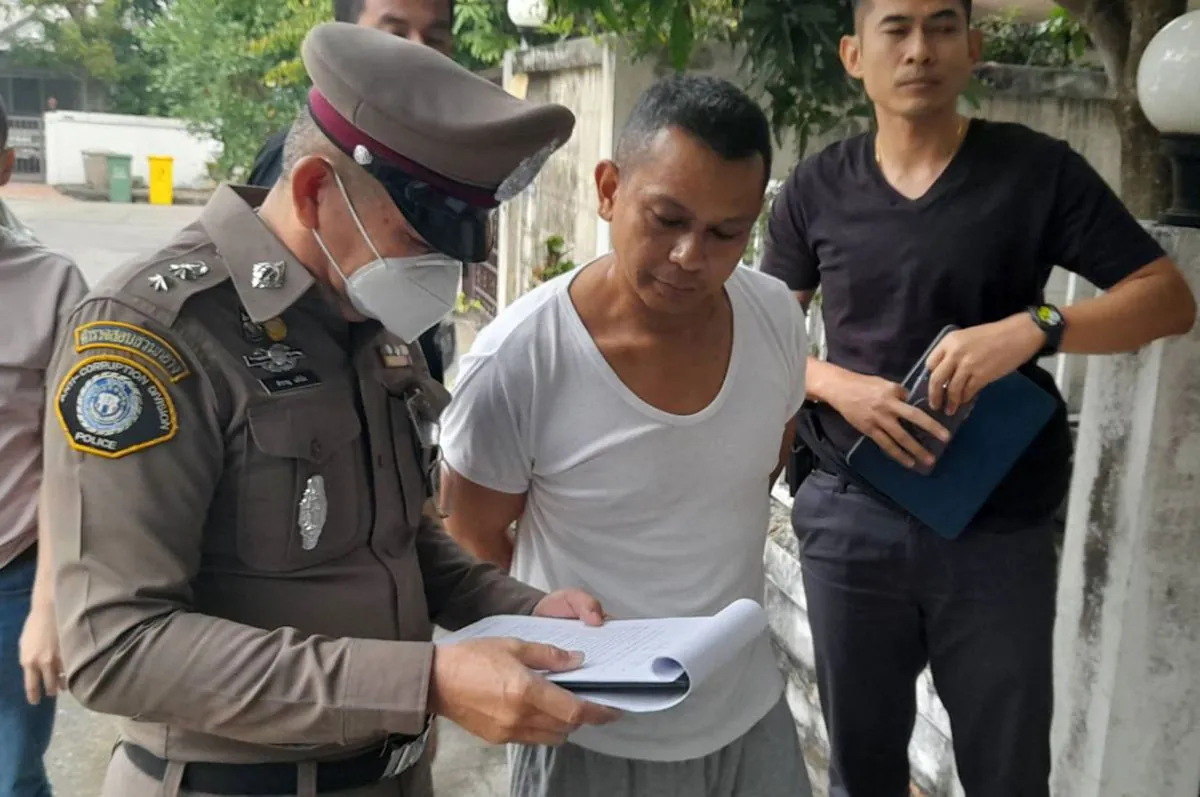Ko Wen-je, former mayor of Taipei and recent presidential candidate, has been returned to custody as part of an extensive corruption investigation in Taiwan. The case, which has garnered significant media attention, centers around an urban redevelopment project that allegedly involved illegal favors and payments.
On September 5, 2024, Ko was taken back into detention after a legal panel overturned a previous decision allowing him to return home. He is currently being held incommunicado, unable to communicate with anyone outside the detention facility.
The investigation focuses on a development project involving the Core Pacific Center shopping mall, which was once Taiwan's largest shopping complex. During Ko's tenure as Taipei mayor from 2014 to 2022, the developer was reportedly granted permission to significantly expand the leasable floor space, potentially resulting in substantial profits for investors while bypassing required reviews.
Ko, who founded the Taiwan People's Party in 2019, has maintained his innocence, stating he had no knowledge of or involvement in the case. However, evidence suggests he may have been aware of and participated in questionable financial arrangements.
The Taipei District Court, one of Taiwan's six district courts, ruled that Ko's continued detention was necessary due to the substantial funds involved, the severity of the alleged crimes, and the possibility of evidence tampering. Under Taiwanese law, suspects can be held for up to four months during an investigation.
Despite the high-profile nature of the case, it appears to have limited impact on Taiwan's robust democracy and independent legal system. Taiwan's constitution provides for an independent judiciary, and the country has made significant strides in combating political corruption in recent years.
"I had no knowledge or involvement in the case."
In the January 2024 presidential election, Ko finished third with approximately 25% of the vote. His Taiwan People's Party, which advocates for a moderate approach to cross-strait relations, performed particularly well among young voters seeking an alternative to the traditional two-party system.
Taiwan's political landscape has long been dominated by the ruling Democratic Progressive Party (DPP) and the Kuomintang (KMT), or Nationalist Party. The DPP, founded in 1986, currently holds power, while the KMT ruled Taiwan under martial law from 1949 to 1987.
While a few hundred supporters have rallied outside the Taipei courthouse, the case has not significantly disrupted Taiwan's political stability. President William Lai Ching-te, whose DPP favors continued de facto independence from China, has refrained from directly commenting on Ko's case, maintaining the separation between the executive and judicial branches.
As Taiwan continues to strengthen its democratic institutions and combat corruption, cases like Ko's serve as a reminder of the ongoing challenges faced by the island nation in maintaining transparency and accountability in its political system.
